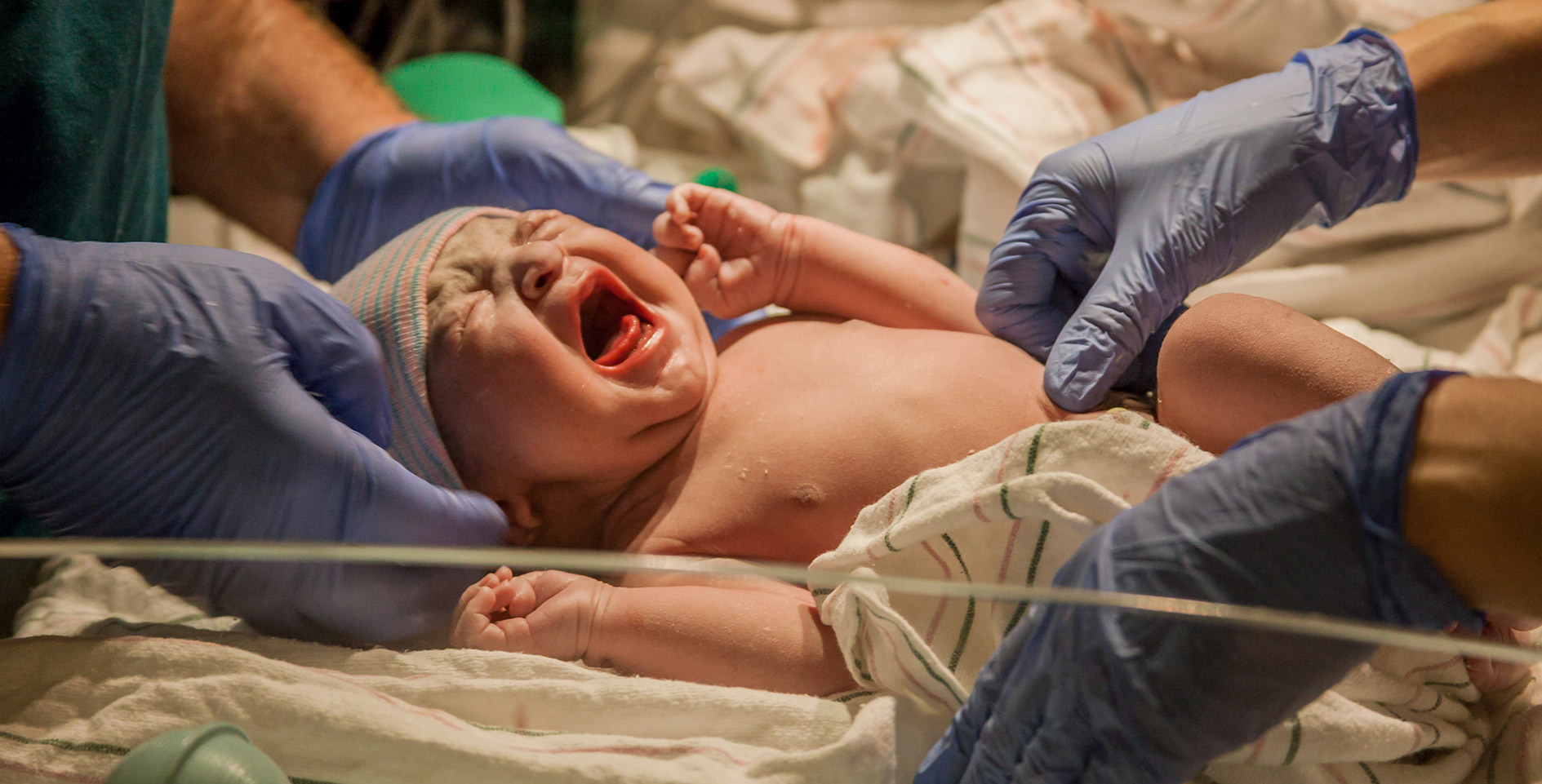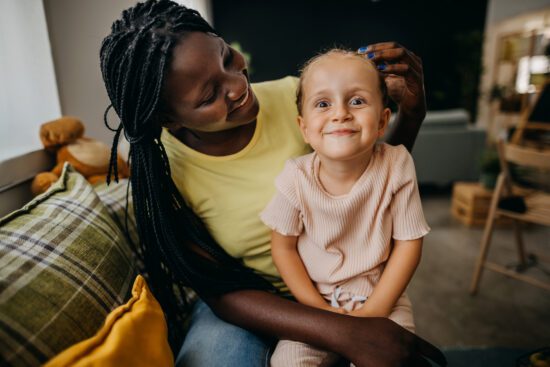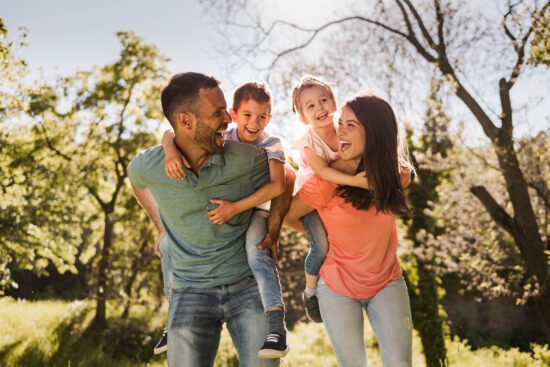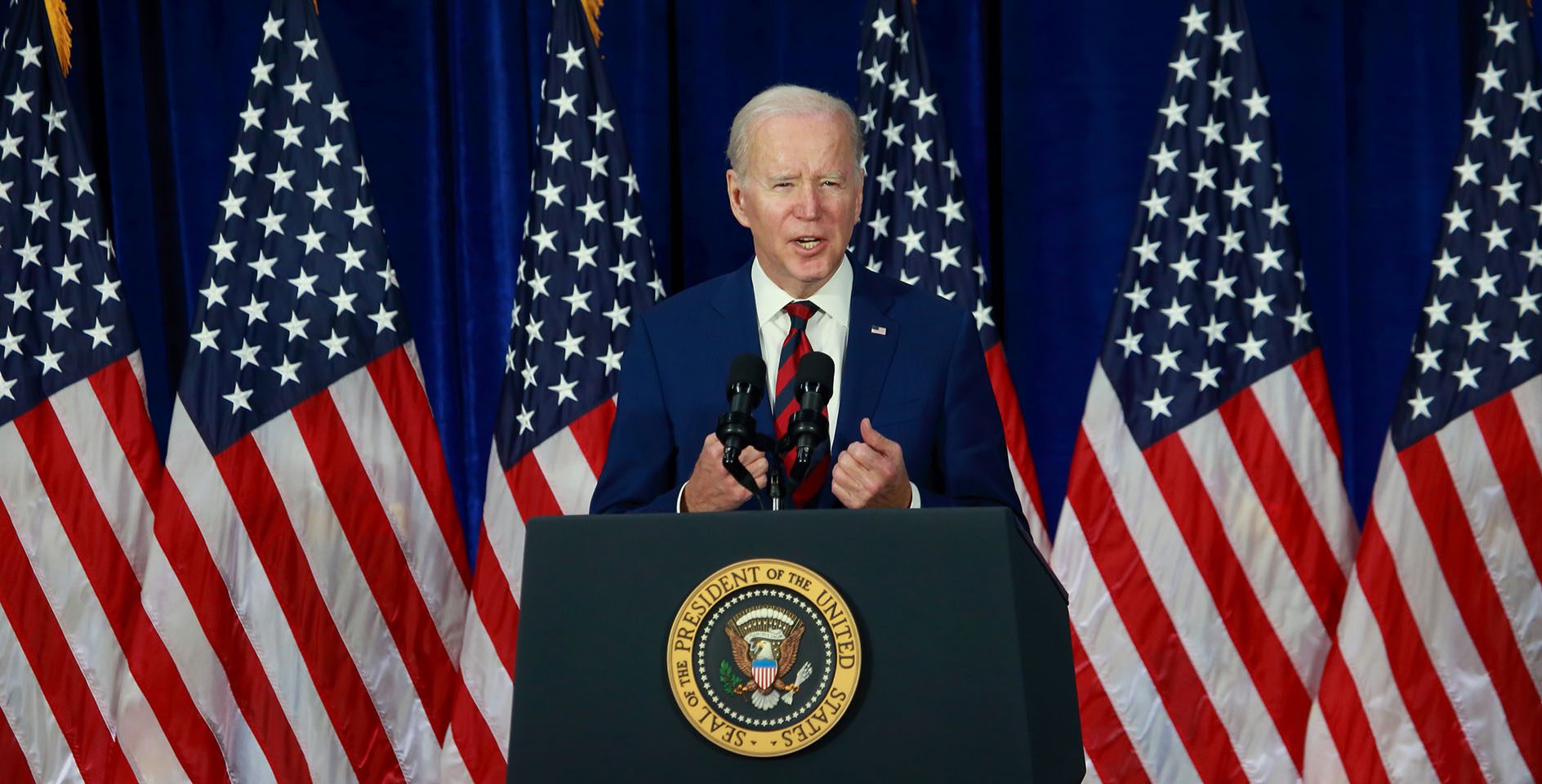Southern Baptists affirm adoption as a central theological theme that provides practical application in our families and communities. We adopt because when we were most destitute, we ourselves were adopted into the family of God. The Baptist Faith and Message states that children “are a blessing and heritage from the Lord,” whether by birth or by adoption. In addition, the Resolution On Adoption And Orphan Care states that in the gospel, we have received the “Spirit of adoption,” meaning “we are no longer spiritual orphans but are now beloved children of God and joint heirs with Christ.” (John 14:18; Rom. 8:12-25; Gal. 3:27-4:9; Eph. 1:5).
Adoption strengthens families, communities, and our nation. When vulnerable children without families are adopted into loving families—whether through foster care, domestic adoption, or intercountry adoption—we are all better off. Children within loving families live healthier and more successful lives compared to those in the foster care system, when considering graduation and employment rates or incarceration and homelessness. Research has shown that the government saves between $65,000 to $127,000 for each child who is adopted rather than placed in long-term foster care.
The Biden Administration used the administrative state to target religious foster families by deeming them unsuitable caregivers if they do not affirm a child’s asserted gender identity. The rule mandates that states must make reasonable efforts to place LGBTQ-identifying children in “affirming, supportive, and culturally competent placements that meet their unique needs” by requiring such children be placed by agencies that offer placements in pro-LGBTQ families, including adoption and foster care agencies. The ERLC submitted comments regarding our concerns that this rule change discriminates against religious providers and limits foster care options, harming children in need. The ERLC has urged the Trump administration to overturn this rule.
The ERLC supports the Adoption Tax Credit Refundability Act which will restore the refundable portion of the credit while expanding eligibility for the full credit to thousands of families. Adoption is very expensive, costing as much as $60,000 to $70,000. The Adoption Tax Credit provides assistance to help families offset adoption costs. The amount of the credit a family received depends on their income and federal tax liability. Without this tax credit, many families would not be able to afford adoption, leaving more children without loving families. Over 60% of adopted children are adopted by middle- and lower-income taxpayers, and almost half of children adopted from foster care live in families with household incomes at or below 200% of the federal poverty level. In 2017, 54,997 of 79,670 people who claimed the adoption tax credit earned $100,000 or less each year.
The ERLC also strongly urges Congress to pass the bipartisan Adoptee Citizenship Act to provide a permanent legal remedy for the thousands of sons and daughters of U.S. citizens who were left in the gap of uncertainty. Prior to the Child Citizenship Act of 2000, the administrative steps required of families adopting internationally were unnecessarily burdensome. The process included applying for and moving through a lengthy naturalization process for their children, in addition to the lengthy and costly adoption process. The Child Citizenship Act of 2000 granted automatic citizenship to all foreign-born children brought to the U.S. who had at least one parent who was a U.S. citizen. Unfortunately, that act only applied to adoptees under the age of 18 when the bill was enacted, leaving an entire population of adopted children without full U.S. citizenship. The Adoptee Citizenship Act closes the loophole to provide immediate citizenship to these children already adopted by U.S. citizens yet left out of the previous bill.
The ERLC is urging Congress and the administration to move swiftly in implementing these pro-family adoption and foster care reforms to support vulnerable children and provide necessary assistance to adoptive and foster families.









